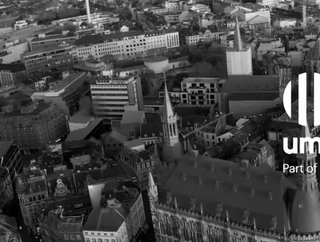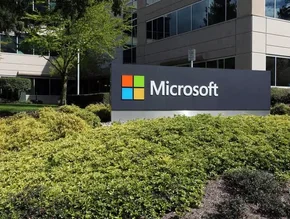umlaut: Delivering End-to-End Expertise

umlaut is a globally recognised, technology-driven and future-oriented company providing end-to-end consulting, engineering, and testing services to companies across the automotive, aviation, energy, rail, telecommunications industries and beyond. Founded 24 years ago in Germany, umlaut has grown into a multinational, globally active company - recently acquired by consultancy giant Accenture - with more than 4,500 employees delivering specialised consulting, engineering, and network testing services to the world’s largest enterprises.
“We are defined by the added value we create for our clients, their companies, products, and their end customers as well,” says Hakan Ekmen, global CEO for umlaut’s telecommunication unit. “Our credo is to always add something on top, like the umlaut from which we get our name.”
This added value, Ekmen adds, stems from umlaut’s extensive, in-depth expertise and laser like focus on solving problems for its clients. “Our team is made up of highly-specialised, highly-experienced experts; 80% of the people working for us are engineers,” he says. In the telecommunications industry - where Ekmen has been overseeing umlaut’s operations for the past 14 years - umlaut delivers “services and expertise from end-to-end, starting with the build, deployment, and planning, all the way through to optimisation, engineering, and operation. We're also offering our services across the fibre and fixed wireless network sector, as well as cloud and cybersecurity.”
Ekmen continues that - in addition to providing benchmarking services for mobile and fixed wireless communications that are used by network operators, equipment suppliers, regulators, and official authorities worldwide - umlaut also leverages its expertise in order to help telecom operators deliver communications solutions to adjacent industries - “whether that means private 5G networks, industrial wi-fi, industrial IoT solutions, or automation.”
In Australia, umlaut has been a core partner of TPG Telecom for more than a decade. “Prior to the Vodafone-TPG merger, we were a long-standing partner of Vodafone at a group level where we worked with them on numerous projects over the years,” Ekmen explains. “We had a strong history with Vodafone Hutchison Australia, working with them on infrastructure and security projects, as well as 5G.”
“As the telecom sector continues to innovate and develop new technologies and services, we're going to see 5G deliver real-time connectivity and faster data speeds. And we've been closely engaged with TPG on their own deployment of 5G, as well as the development of new products and services to capitalise on this next generation of telecommunications technology,” says Ekmen. “There is huge potential for 5G to support the development of new applications and services for consumers and enterprises across the whole ecosystem, from smartphones to industrial solutions, smart homes, the mining industry, and more. There's a lot of potential for 5G to play a big role. Our relationship with TPG has been well-established for more than a decade and, where new infrastructure is concerned, we've always worked closely with them to ensure they remain at the cutting edge.”
Culturally, Ekmen adds, TPG and umlaut are a remarkably good fit for one another. “We both prioritise the need to continuously improve the network in order to provide customers and users with the best possible experience,” he says. “Our DNA is a good fit for TPG; we both have a very customer-centric outlook and approach to what we do, which means our cultures align very well.”
As we enter 2022, TPG Telecom is forging ahead with plans to capitalise on its capabilities as a full-service telecom, offering mobile connectivity, fixed wireless services, and more. “With our specialised set of skills and in-depth, detailed knowledge of the verticals where TPG is focusing its efforts, I think we can continue to strengthen our partnership, help them adopt and capitalise on new technologies, and drive win-win outcomes for both umlaut and TPG for many years to come,” Ekmen reflects.






